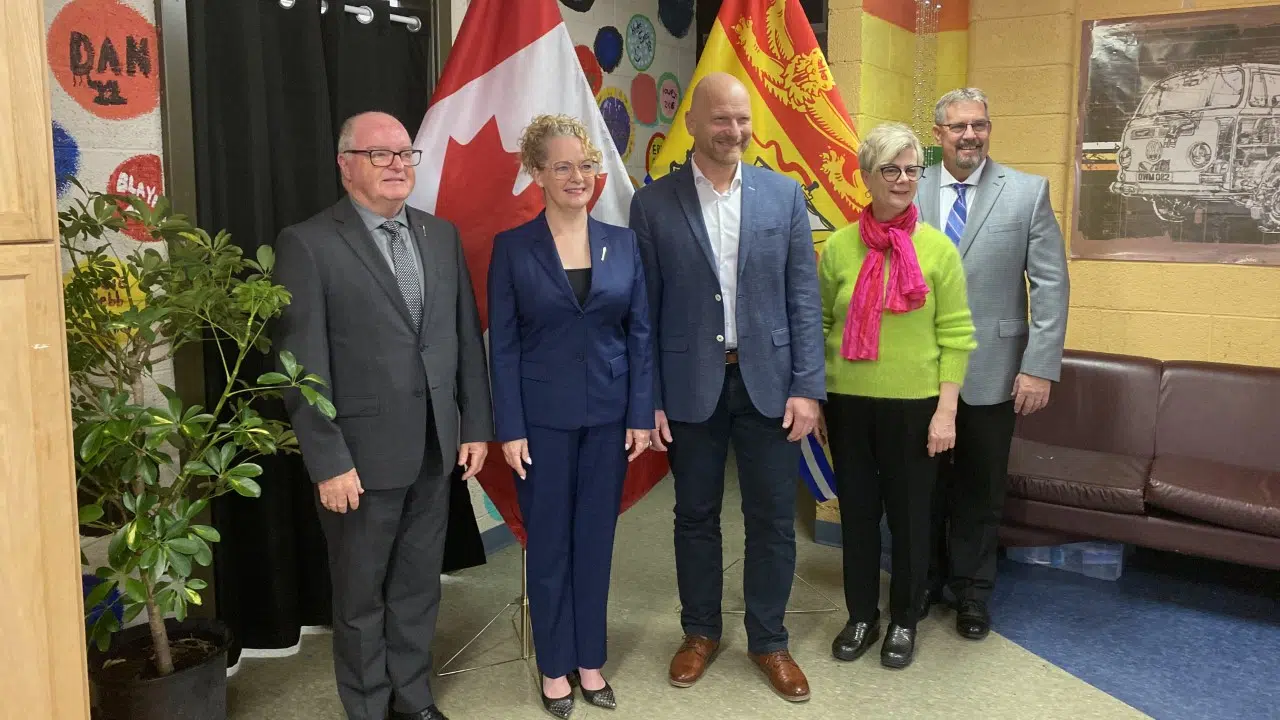New Brunswick is working with an Icelandic research consultancy to help reduce substance use among youth.
The five-year pilot project, announced on Tuesday, is being done in collaboration with Planet Youth.
Four sites have been chosen in the province: Saint John, Kent County, Woodstock, and the Acadian Peninsula.
Health Minister Bruce Fitch said the program adapts what is known as the Icelandic Prevention model.
“The Icelandic Prevention model is an evidence- and community-based youth substance use primary prevention process and has shown effectiveness in lowering substance use in Iceland over the past 20 years,” said Ditch.
Pall Rikhardsson, CEO of Planet Youth, said the focus is to use “upstream thinking” to prevent problems before they occur.
Rikhardsson said the Icelandic Prevention model empowers community and health partners to design and implement initiatives that are unique to their communities.
“It works by shifting the focus from the individual kid to the community, so it’s the community that has to implement changes that lead to changes in children’s behaviour,” said Rikhardsson.
“This happens through addressing the risk and protective factors that are present in the lives of children and working with them and changing them so children change the behaviour.”
Rikhardsson said the program does not replace treatment, but rather complements it with a prevention approach.
He also cautioned there is no “magic wand” to addressing youth substance use and that the initiatives will be a long-term process.
“Substance dependence is a thorny problem, it’s not an easily solved problem,” said Rikhardsson. “The solutions to thorny, complex problems are not simple.”
Community action teams in each site will alternate between planning, measuring, decision-making and implementing, he said.
Rikhardsson said it will be important to measure each of the initiatives to determine what is working, what may need to be adjusted, and what new initiatives should be implemented.
“You will not be implementing the same things as in Iceland. What works in Iceland doesn’t necessarily work in New Brunswick,” he said.
The province has committed $255,000 per year to the project over the next five years, for a total of nearly $1.3 million.








